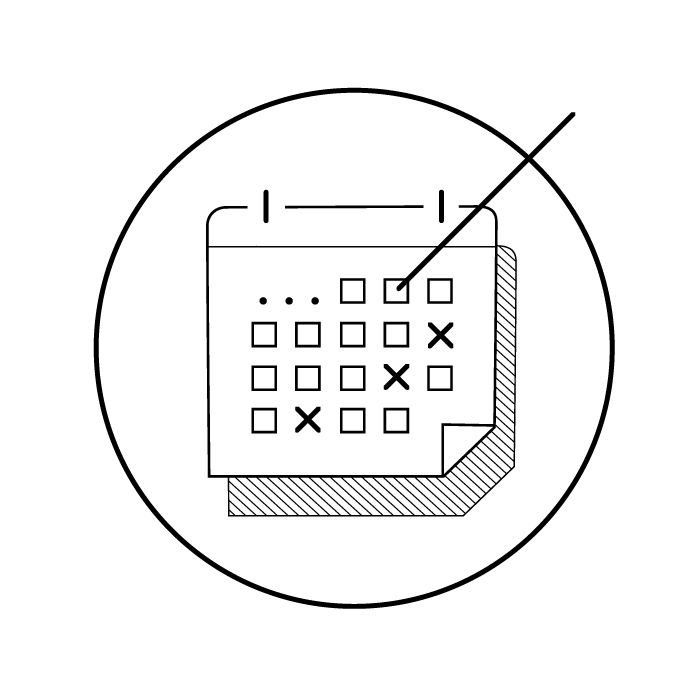 Conference
Conference
Arms Control across the Empires
Workshop
13 September 2019
Conveners: Felix Brahm (GHIL), Daniel Stahl (University of Jena)
Venue: German Historical Institute London
International academic workshop, co-organised by the German Historical Institute London (GHIL) and the Jena Center 20th Century History
Who should have access to weapons and who should be prevented from possessing them? This was a key issue of disarmament and arms control policies of the interwar period—not only with regard to the defeated belligerents. The focus of historians on demilitarization and disarmament within Europe has long distracted attention from the fact that disarmament also strongly affected arms control and access to weapons outside Europe.
By shifting the focus to the non-European world, this workshop connects the history of international arms control with the history of imperialism and colonialism. Studies in disarmament and arms control have so far mainly addressed the relations of great powers. Here, arms trade and arms control have been analyzed first and foremost as instruments of foreign policy in the relationship between more or less equal parties. This is true for the interwar period as well as for the Cold War. By linking arms control to the history of imperialism and to non-European countries, uneven power relations become visible, but also different strategies to bypass imperial regulations, to oppose colonial rule and to form new alliances. Instead of interpreting disarmament and arms control primarily as instruments of peace building, as has so often been done, this workshop highlights their function in reinforcing a strongly hierarchical and imperial world order after the First World War, as well as its growing opposition. Arms control policies of the interwar period were shaped by two projects: the struggle for maintaining the imperial world order and the establishment of new forms of international cooperation. Regulating the access to arms in colonized territories had been instrumental to establish the imperialism of the 19th century. Colonial powers had implemented a variety of measures at the local, regional and international level to counter resistance. After 1919, these policies merged with attempts to create a new world order. Many politicians and peace activists saw global regulations of arms transfers as instruments to secure peace. The global arms trade became an important subject of disarmament debates for the first time – in the League of Nations, where non-European states found a new forum to express their views and interests, but also among political activists and pressure groups. At the same time, arms transfers to and within non-European territories remained an instrument of colonial rule. At subsequent conferences, hegemonic powers managed to link disarmament policies to imperialism. They introduced especially strict regulations for so-called ‘danger zones’ in some of the non-European regions – the Persian Gulf, the Red Sea and the East African littoral, and West Africa in particular. These norms were strongly rooted in the fear of insecurity and anticolonial insurrections in these regions. Furthermore, the interests of the imperial and hegemonic powers were affected by unresolved border disputes and urban social unrest, not least in China and Latin America, where they exerted dominance through the means of informal imperialism.
The workshop attempts to link arms control debates and practices to each other, at international, regional, national and local levels. Contributions shall address the following guiding questions:
- How was arms control organised in different world regions and across formal and informal empires, before and after 1919? Can we observe a transfer of arms control practices and norms between different regions and empires?
- What kind of arguments were employed to legitimize imperial arms control (humanitarian, security, peace)? How did these arguments relate to debates about disarmament and colonialism before and after the First World War?
- In which ways were debates and negotiations about arms control on an international level informed by arms control on local and national levels? In how far did colonial arms regimes shape policies and legislation in the metropoles, and vice versa?
- What policies and practices of arms control do we observe on the ground, both by local authorities and colonial officials? How did colonial arms control interfere with, and build up upon, local economies and local forms of arms control?
- How did practices of colonial arms control and gun laws affect the construction of colonial and imperial societies, in particular with regard to social hierarchies, race and gender relations?
- How was imperial and colonial arms control undermined, and what does this tell us about the actual reach of imperial and colonial power, and the limits of inter-imperial cooperation?
Bringing together international experts with different area expertise, the workshop studies and compares for the first time how arms control across formal and informal empires changed from the late 19th century to the interwar period. Key themes include arms trade and the moral attitudes associated with it, arms control and colonial rule; gun laws, citizenship and gender relations; arms possession and racism; and arms trafficking. Covering West Africa, East Africa, South Asia, Russia, and Latin America, contributions deal with a wide range of actors on different levels, amongst others governments and colonial officers, subaltern agents and colonial elites, diplomats and the Secretariat of the League of Nations, and peace activists.
Conference programme (PDF file)